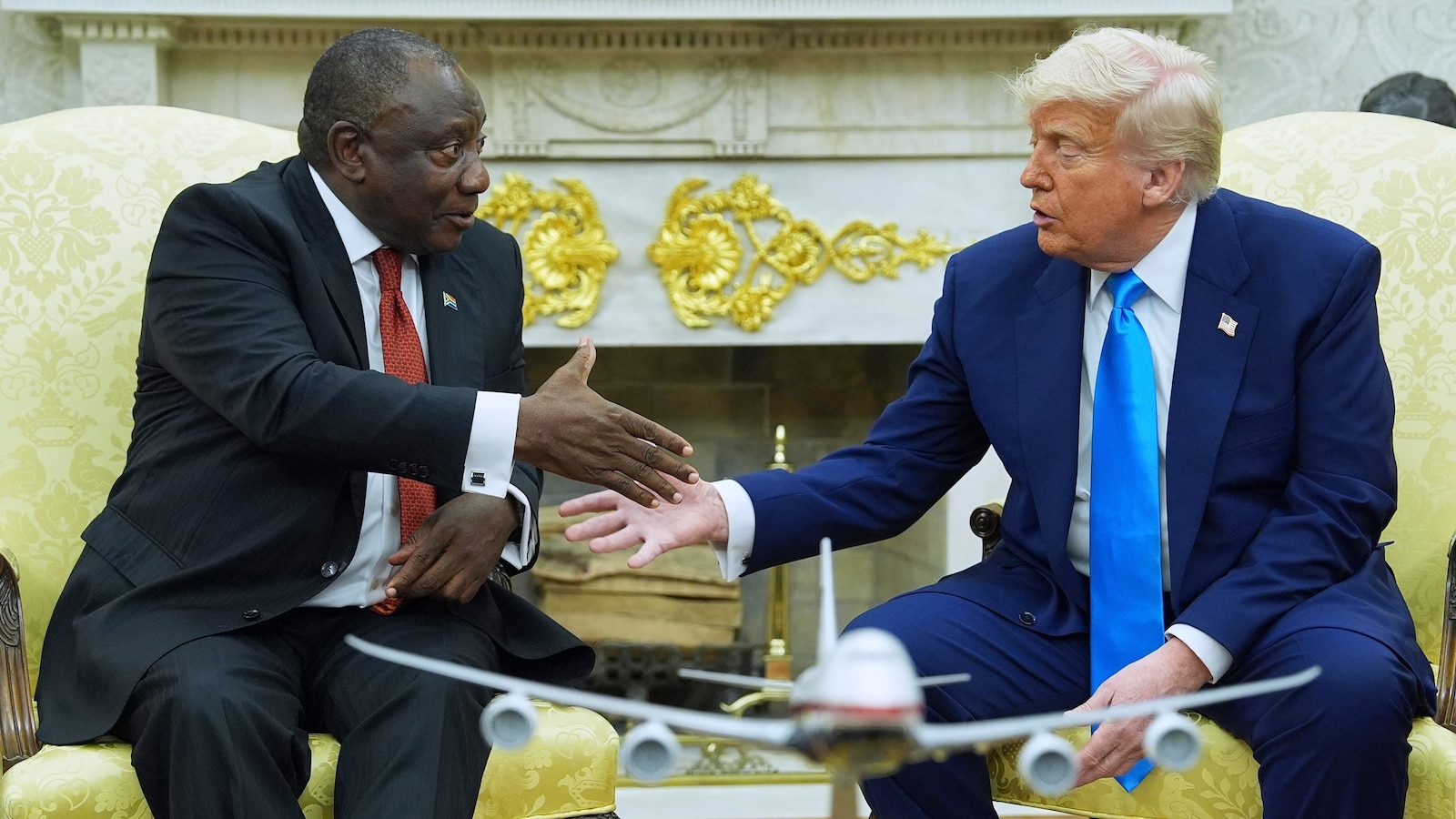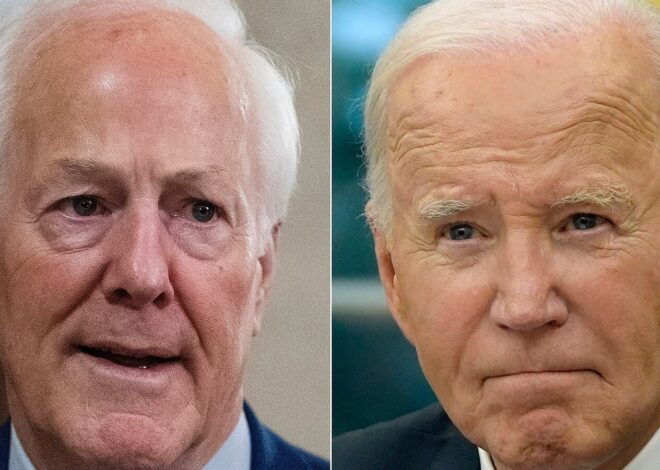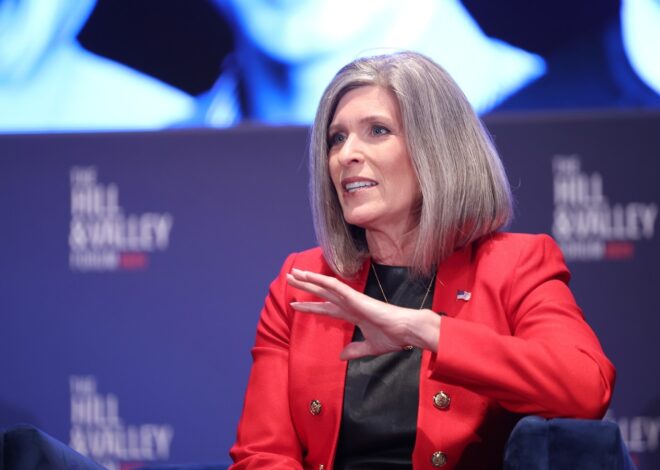
Exploring Trump’s Oval Office Assertion: Is There a White Genocide in South Africa?
A Meeting Stirring Controversy
Maybe it started with a simple agenda – a meeting like many others, yet this time it brought a storm of opinions and discussions. President Donald Trump met with South African President Cyril Ramaphosa, a meeting that was already charged with tension. During their conversation, Trump boldly asserted that there is a “genocide” against white farmers happening in South Africa.
Yet, the claim isn’t without its skeptics. Ramaphosa, along with major political factions and a South African judge, firmly denied such assertions. They argue that this narrative lacks substance. Despite these rejections, Trump’s stance seemed unwavering, perhaps fueled by voices like that of Elon Musk, a native of South Africa and an adviser to Trump. Musk has echoed similar sentiments, suggesting that white South Africans are fleeing due to violence and unjust laws.
A critical moment came in February 2025 when a South African court ruled that the idea of a white genocide was baseless, calling such claims “not real” and “clearly imagined.” This decision came on the heels of a failed attempt by a wealthy benefactor to support the Boerelegioen, a white supremacist group, with a $2.1 million donation. The court’s stance was clear, yet the dialogue about safety and crime in South Africa remains complex.
Indeed, South Africa struggles with a significant murder rate, a distressing reality with 45 murders per 100,000 people reported in 2023. Farmers have been victims, but the data doesn’t specifically attribute these crimes to racial motivations. Crime statistics in South Africa, as explained by President Ramaphosa, do not differentiate victims by race, and farm murders aren’t categorized separately.
In the midst of this heated exchange, South Africa’s Presidential Spokesperson, Vincent Magwenya, spoke to ABC News, stating there is “no evidence” supporting Trump’s claims of genocide. He went further, suggesting that the U.S.’s intelligence would concur if they spoke publicly. This brings a layer of complexity – what is being seen, and what is being believed?
Following the Oval Office discussion, the White House issued a statement entitled “President Trump is Right About What’s Happening in South Africa.” The statement included a collection of press clippings from various sources, including Fox News and the BBC, aimed at bolstering their argument. It’s a narrative of conflict and conviction, each side holding firm.
Interestingly, amidst these declarations, a group of Afrikaner refugees arrived in the U.S., their immigration process accelerated by an executive order from Trump. This order, “Addressing Egregious Actions of the Republic of South Africa,” claims the South African government sanctioned the seizure of Afrikaner agricultural land without compensation. It’s a move framed as a defense of rights, yet it has sparked criticism for seeming to prioritize Afrikaners over other immigrants from nations like Afghanistan and Haiti.
What unfolds next? It’s hard to say. These events stir a mix of politics, emotion, and global policy. Amidst the debate, one might wonder about the impact on U.S.-South Africa relations and the broader implications for international diplomacy. The conversation continues, a dialogue where the lines between perception and reality blur… Maybe there is more beneath the surface, maybe not. Either way, this meeting left ripples-far-reaching and deep.
For more on this evolving story, visit ABC News.



